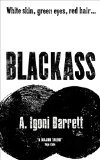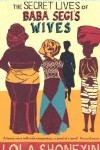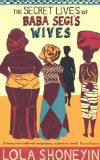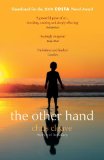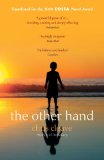Five words from the blurb: Nigeria, black, transformation, white, provocative
Blackass is a satire of the way people in Nigeria treat others differently according to the colour of their skin. The book begins with Furo, a black man from Lagos, waking up to discover that he has become a white man with ginger hair. The only remnant of his former appearance is a jet black bottom. Furo heads off to the job interview he had booked for that day, landing the position based purely on his new skin colour. The rest of the book highlights other differences in the way people react to his white complexion, not all of them positive, and many surprising to someone like me.
This book was supposed to be funny, but I didn’t find it humorous – perhaps because the situations described weren’t familiar to me. Instead I found it insightful and surprising. I was gripped throughout and thought the book did a fantastic job of showing how white people are treated in a country where the vast majority of people are black.
As for the outlying – economically as well as geographically – areas of Lagos, places such as Agege, Egbeda, Ikorodu: a good number of the inhabitants of these neighbourhoods have never held a conversation with an oyibo, never considered white people as anything more or less than historical opportunists or gullible victims, never seen red hair, green eyes, or pink nipples except on screen or paper. And so an oyibo strolling down their street is an incidence of some thrill. Not quite the excitement decibels of seeing a celebrity, but close.
I also liked the way the book explained other aspects of Nigerian culture. I finished it feeling as though I had a greater understanding of the country. Some of the terminology was new to me, but I was able to grasp the meaning of the new words via their context, and wasn’t confused in the way I have been with other books from the region.
I also liked the way the book mirrored other literary novels – similarities to The Metamorphosis by Franz Kafka were especially apparent.
Overall this was an important book, dealing with a difficult subject in a refreshingly modern style. I suspect it will have more impact on those living with these prejudices, but I’d recommend it to everyone.

.
